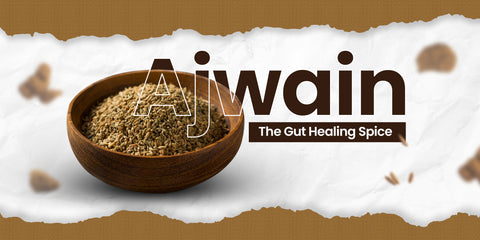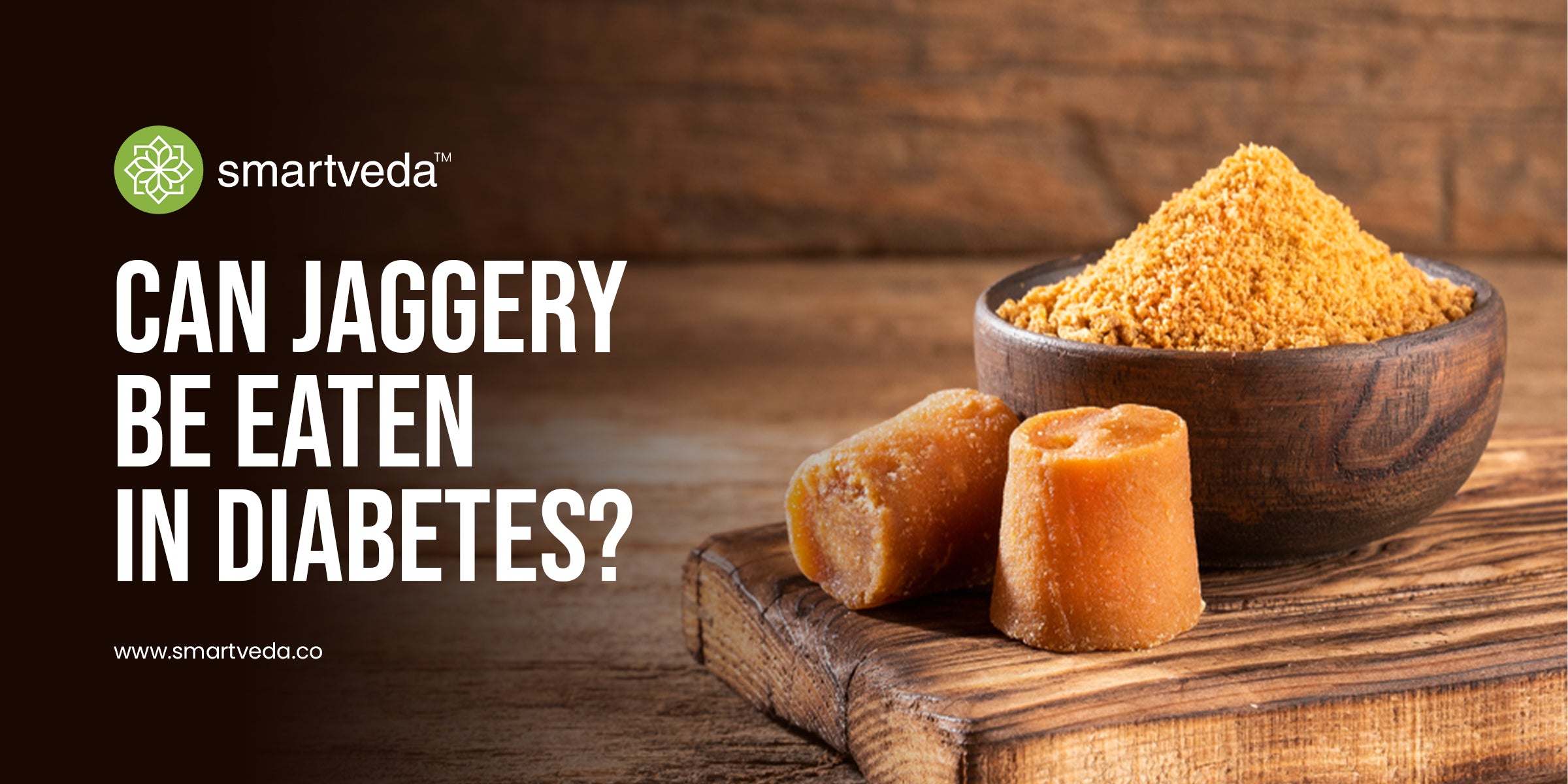Ajwain is a trivial part of any Indian household. And we have memories of our elders suggesting lightly roasted ajwain with warm water, whenever we had indigestion or acidity. Furthermore, Ayurvedic and Siddha treatments use it to provide the antidote for countless problems. A holistic change between your body, mind, and spirit is triggered via these ancient paths. Although they seem dry on the surface, they do have plenty of oil containing their most astounding reformative powers. Hence, the name ajwain oil holds its status in the remedial realm. It is mostly similar to thyme with a resounding comparable taste. People usually dry roast or ground ajwain and use it in spice mixes. Ajwain seeds are the name of the fruit of the plant as they grow in bunches similar to how coriander plants cultivate their seeds(but are fruits in clusters). Plus it has a good and potent amount of thymol, which is often used to treat digestive problems. And to conclude, it also packs antifungal properties.

The nourishing factor
Ajwain has an abundance of fiber and minerals, although the quantity in which it is consumed is small, as overconsumption can be dangerous. This is why you cannot graze on it. Yet it also contains potassium, calcium, and iron and the flavor it brings to the table is extraordinary. It makes a complex and powerful statement and can elevate yet overwhelm other ingredients. However, its therapeutic value is off the charts. Here are some of the health benefits that Ajwain has to offer:
Digestive aid
Ayurveda gives the utmost importance to our digestive fire or ‘Agni’ when we look at overall health. And Ajwain fits here perfectly as it improves the circulation of stomach acids that ensure good and timely digestion with the maximum amount of toxin removal. This is the reason that ajwain-jeera detox tea is in the trend these days: a simple yet effective remedy. Furthermore, it assists in the treatment of peptic ulcers or if you have sores in the stomach, intestines, and food pipe, it will surely provide relief. Moreover, chewing it is the best way to get rid of problems such as indigestion and bloating and Ajwain tea is very beneficial in treating diarrhea, dysentery, and spasmodic pain.
Cough and Congestion reprisal
Ajwain can relieve coughing and clear mucus from your nose, both of which make breathing easier. Furthermore, it helps to soothe the bronchial tubes, which can help those with asthma. Its combination with ginger extract appears to be more effective in treating respiratory diseases such as asthma and bronchitis. It helps to improve airflow and lung function. Herbal preparations use ajwain for ages as it always helps to boost the balance of our body's systems.
Infection aversion
The term essential oils simply mean the concentrated form of some therapeutic oils. And ajwain has many essential oils that can help to fight the growth of bacteria, in other words, it is antibacterial. A drug called Methoxsalen uses Ajwain extract which is available in numerous modes like a capsule or a topical cream to treat skin issues such as vitiligo (partial loss of skin pigmentation) and psoriasis. Furthermore, Ajwain seeds have antibiotic properties and are beneficial in reducing redness and fighting inflammation.
Lower Blood Pressure
Thymol in Ajwain can keep calcium from entering the blood vessels in your heart which ultimately helps to lower blood pressure and gives rejuvenating after effects. Moreover, it is an excellent source of antioxidants, which benefits heart patients as it regulates bad cholesterol in the body and prevents heart problems. A bonus would be that drinking Ajwain water regularly increases your metabolic rate and helps burn body fat.
Ache Relief
Due to the abundance of anesthetic properties of ajwain, it helps to relieve pain and swelling. Plus, its anti-inflammatory properties can help reduce toothache pain and fight bacteria and fungi in the mouth cavity. Furthermore, its seed water is a great mouthwash to help maintain good oral hygiene. They are also beneficial in treating cramp pain, abdominal discomfort due to indigestion, heartburn, and loss of appetite. What’s more, is that Ajwain oil uses the process of steam distillation which is very effective in treating rheumatic pain and it has excellent healing properties.
Precaution
- Ajwain is a safe addition to most people’s diets, but women who are pregnant or breastfeeding should avoid it.
- Some compounds in ajwain can be potentially harmful to fetus growth and may result in birth defects or miscarriage. Furthermore, excess consumption of Ajwain seeds can lead to gas production in the stomach, leading to acidity and reflux and higher amounts of oral administration of Ajwain seeds are considered toxic; it can result in fatal poisoning. To quote the great philosopher, Socrates- “Moderation is the key”.
- Some people are allergic to its seed, due to the presence of thymol, which can cause dizziness, nausea, and vomiting.
- Some of the Ajwain seed's bioactive compounds are potent, and they can cause inflammation in the mouth, resulting in a burning sensation and mouth ulcers.
- It can induce bleeding if consumed too much after surgery. Therefore, One should stop the intake of ajwain 2 weeks before the surgery.
















